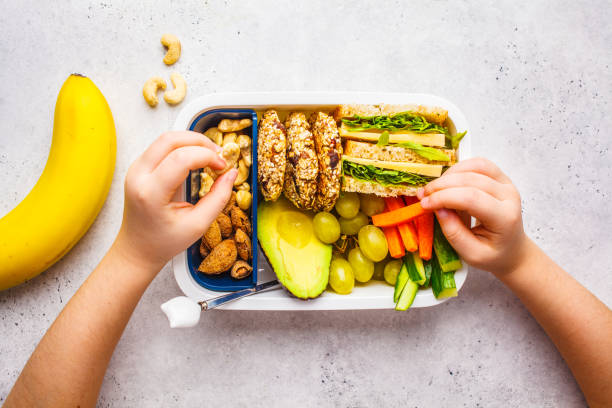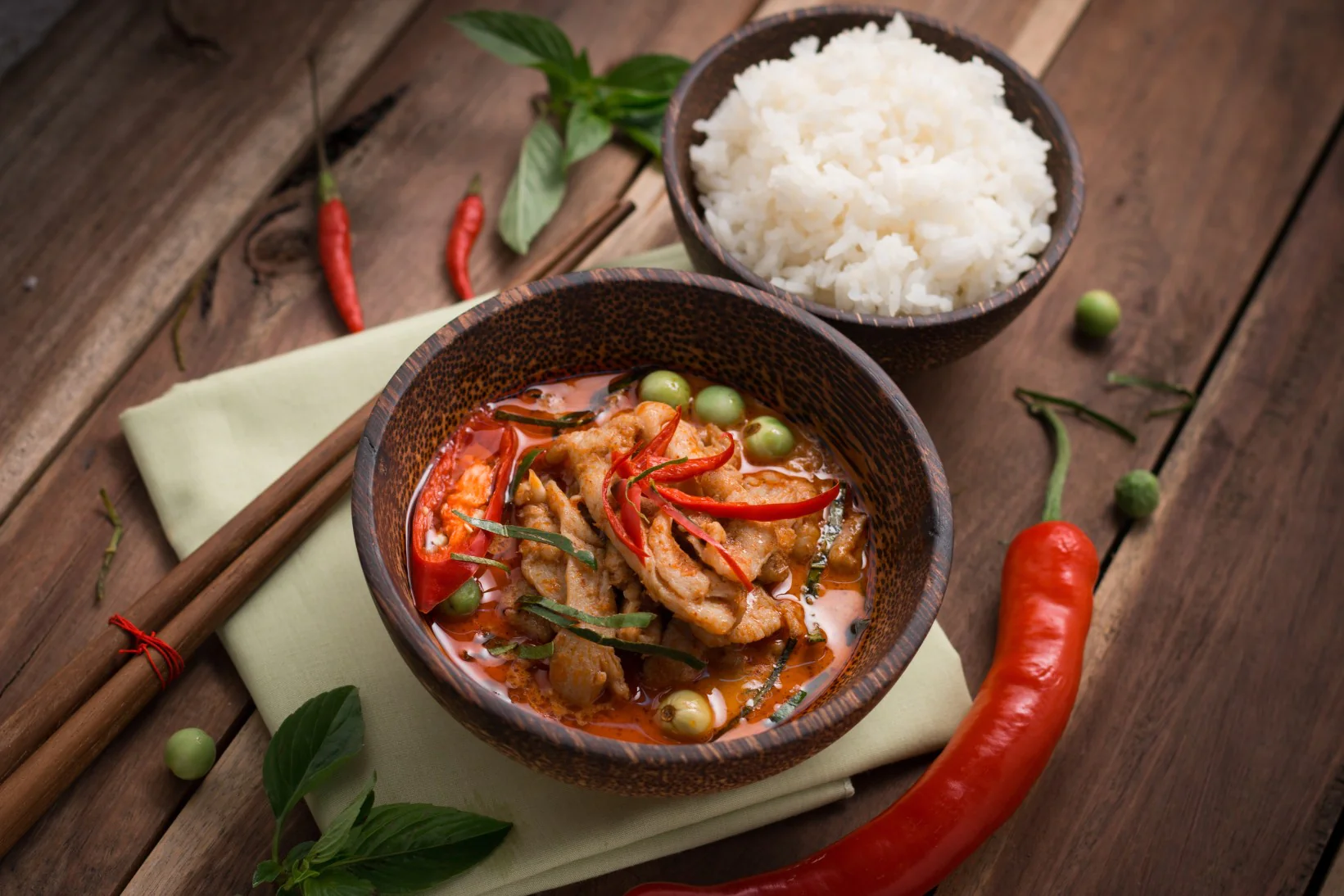Julius Yego; The Making Of A Champion
If 27-year-old Julius Yego ever doubted that he was born to be great, then he literally covered his ground and thrust himself to greatness with a master throw at the
If 27-year-old Julius Yego ever doubted that he was born to be great, then he literally covered his ground and thrust himself to greatness with a master throw at the 2015 Beijing IAAF World Championship in China, not only showcasing the longest throw in the world in 14 years, but becoming the African and Commonwealth record holder and the first Kenyan to win a world championships gold medal in the field events. The ‘YouTube man’, as he is fondly referred to, and the Rio Olympics 2016 Silver medalist speaks to ESTHER AKELLO on family, staying grounded and becoming a champion.
For many Kenyans, the 2015 Beijing IAAF World Championships were nothing short of historic. For starters, it set the record straight that Kenya is a menacing juggernaut in track and field events; as for the first time Kenya dominated the championships standings by raking in the most number of medals and taking second overall position, trumping legends such as Jamaica and Great Britain. But that’s not all.
A day before Julius Yego took to the field for the javelin finals, Nicholas Bett gave Kenya her first ever world championship 400m hurdles gold medal. His win captured the heart and hope of a nation and it was then clear that anything was possible, including a Kenyan winning a gold medal in javelin – a sport traditionally deemed to be of lesser glory compared to running.
When the 5 foot 9 inches tall and muscular Yego took to the international podium for his final throw, not even the steely and focussed look in his eye could belie the tension in the air. With only three throws allowed in the finals, Yego’s second throw of 82.45m (placing him in eighth position) was considered highly inadequate, especially compared to his best throw of that year – a captivating 91.39m – achieved in a previous competition. With only one remaining shot, redemption seemed out of reach. But one shot was all Yego needed.
When he did finally throw, the colossal thrust of 92.72m cemented his position as the event’s champion. In addition, according to the IAAF, it became the longest throw internationally in 14 years, making Yego the second African to win a medal in the world championships history after South African Marius Corbett in 1997. He also became third in the world all time list of best javelin throwers and shattered his own African record, which stood at 84.72m as well as set a new Commonwealth record.
While for most people his list of achievements is beyond fascinating and rightly so, Yego’s life suggests it was never a matter of if, but when, the international sports stage would became his playing field.
Early years…
Even from early childhood, Yego always distinguished himself from the rest of the pack. He grew up in Cheptonon village in Nandi County attending local primary and secondary schools. Even then, he was an all rounded, straight A student. Considering his parents’ humble background, good grades were highly emphasised. There only seemed to be one problem: all Yego wanted to do was play!
“I tried my hand at football, handball, hockey and rugby but they did not appeal to me because of the types of injuries players often suffered. The fact that they were team sports some lacking proper structures meant one weak link could jeopardise an entire team,” says Yego who almost considered playing for the national football team, Harambee Stars, but their dismal performance in regional tournaments not only helped make his decision to settle on javelin easy but fast.
Contrary to popular belief that his affair with javelin started out of the blue a few years ago when he resorted to studying tutorials on YouTube, earning him the moniker that has since stuck, ‘Youtube Man’, Yego confirms his love for javelin and active participation stretches far back into his early childhood.
“Javelin was born in me. It’s in my blood. As a child I would keenly follow the local school competitions, even running across the field to fetch the sharp sticks once the competitors threw them,” reminisces the athlete nostalgically adding, “I decided to try my hand at it in form one and made it to the provincial levels in the schools competitions.In form three, I won the Kenya junior championships and it was then that I made up my mind to try it professionally.”
“I obsessed about it so much that I started losing sleep because I knew I had the potential to be just as good as the guys I was watching.”
His decision did not augur well with his father who not only forbade Yego from engaging in the sport, but also feared that Yego would abandon his books for the preconceived notion that athletics automatically led to fame and fortune, a fate that had already befallen several families in the region. As if to further test his resolve, another opportunity opened up, sweetening the pot.
“The Kenya police force was keen on recruiting potential athletes and when they saw my record, I was offered an express pass to join Kiganjo Police Training College once done with my secondary school studies. I was not keen on joining the police but my family considered that to be akin to staring at a prized horse in the mouth so I agreed to go. After training, I was posted at the CID headquarters along Thika road,” says Yego.
Despite his new job, Yego just couldn’t shake the feeling that he was meant to take the road less travelled as opposed to settling for what life simply handed him. Eventually, he reverted to his earlier decision; to go into javelin professionally, a move that would widen the rift between him and his father who had made his voice clear over the matter.
“Naturally, my father was displeased with my decision and we ended up quarrelling a lot over it. Eventually, the trips home became lesser and lesser and we resorted to just talking over the phone. My mother and siblings on the other hand were supportive and that gave me the motivation I needed to pursue my ambition,” reveals Yego, who confirms that he now has the best of relationships with his father.
If you can dream it, you can achieve it…
His first attempt to join the national team in 2009 did not yield much fruit. Being an unpopular sport in Kenya, his biggest challenge remained lack of a coach, a predicament he describes as ‘most challenging’.
“Without a coach to guide you, becoming a champion is next to impossible. Javelin is demanding and needs one to be strong, fast and flexible, combinations that typically, do not go together,” he explains adding, “Walking into a cyber café everyday to watch the javelin videos took courage. I had the know-how, but I desired to stand head to head with world champions and if I was going to achieve that, I needed to learn their techniques. I obsessed about it so much that I started losing sleep because I knew I had the potential to be just as good as the guys I was watching.”
Finally, in 2010, the athletics gods smiled upon him and he made the cut for the national team representing Kenya in the African Championships held in Nairobi. In typical Yego fashion, he did not disappoint. The then little known athlete clinched the bronze medal and shortly thereafter, represented Kenya in the Commonwealth games in the same year, finishing in the sixth position. Nothing inspires a comeback better than a set back and being an underdog only made Yego hungrier.
In 2011, in the All African Games held in Maputo Mozambique, Yego brought his A game and not only won the gold medal, but also set a new national record with a 78.34m throw, ending Paul Lagat’s 14 year-old national record reign of 78.20m. Yego became an instant national hero and star. At the same time, IAAF realising Yego’s potential, offered him a full training scholarship as they were interested in boosting athletes with great promise for the then upcoming London 2012 Olympics. It is the offer that to date, Yego considers to be the mother of all offers.
It essentially set him on the path to international success and two months later after leaving Finland where he was training, he landed his first sponsor – Orange Kenya – who then shot the video about his online affair with javelin to drum up his publicity, inadvertently catapulting him to international stardom.
Inspiration, fame and fortune…
After the London 2012 Olympics, despite coming in position 12 overall, Yego’s star continued to shine, culminating in his historic win in Beijing in 2015. However, if there is anyone who remains unfazed by fame and fortune, it is the father of one who confesses to being taken aback by it at first notably because his first strong fan base was in Scandinavian countries, who tend to practice the sports more.
Despite the spotlight being on him, Yego is keen on keeping his life as ‘normal’ as possible. “I strive to maintain the kind of routine and lifestyle I had before glory came and try hard not to let the recognition go into my head. I have no desire to put rifts between people and myself and a humble attitude is key. I still walk about in public and travel by public means when I am at home and try as hard as possible to accommodate fans that ask for selfies and autographs,” says the athlete who emphasises that respect for fans is important.
Julius Yego in action in the Javelin at the 2013 IAAF World Championships in Moscow Image / Courtesy
“When I lost my bronze position in the Moscow 2013 World Championships, I realised just how personal competitions are to Kenyans and how hard they root for one of their own. It was as if my loss was their loss and the social media support and encouragement was overwhelming. When Beijing came around and I saw the same unbridled support, and Kenyans telling me I was already a winner, I knew I had to come through for all of them,” says the champion. Yego confesses to being inspired by successful people.
To keep himself grounded, he turns to several people whom he considers to not only be key pillars of strength and motivation, but also his true north. The first is his eldest sister, Theresa Sugut, who not only supported his education, but also gave him unwavering support when he confessed his desire to pursue sports professionally. He also looks up to Olympic 1500m champion Asbel Kiprop.
“Asbel is a really nice guy. When he discovered I was taking javelin as opposed to running, he was very supportive about it. While we were at the Olympic games in London in 2012, he came up to me and helped me to get into a really good mental shape. When I lost, he still came up to me and told me to use my frustration to fire myself up because he believed in me,” says Yego.
Julius Yego holding his Rio 2016 silver medal Image/courtesy
However, Yego’s biggest competitor and inspiration unsurprisingly remains himself as he explains, “I inspire myself because I have gone through difficult circumstances to reach where I have. It has only encouraged me to not only give my best but to always be the best, in sports, as a family man and life in general.”
While it was his dream to bring home the Rio 2016 gold medal for javelin, Yego had to settle for the silver position after a late injury during the competition forced him to bow out after the finals. “I was really fixed on winning the Olympic gold medal. For me it would have been the highest achievement and the icing on the cake,he says.
Love and family…
Speaking of family, nothing brings a broader and prouder smile to Yego’s face than his young family of two. He has been married to 26-year-old Sincy Chemutai for four years but their love goes way back to their teenage years. “My wife and I come from the same village. I first saw her with her three sisters while on my way to collect my Kenya Certificate of Secondary Education results and thought she was so beautiful. When I bumped into her again, I asked for her phone number but she ended up giving me her mother’s number as she did not have a phone,” explains a bemused Yego adding, “It took me a while to pluck up the courage to call her. I feared her mum would pick the call instead and maybe ruin my chances with her.”
Lucky for him, when he did finally call, it was Sincy who answered. Eight years later, the couple has one son, Jarvis Lagat. Yego credits his wife as part of the reason he is so successful. “She is a strong woman who has stood by me before and after my success and l love her for it. When I had to leave for the IAAF training in Finland, it was a month after we were married but she was so understanding and supportive,” says the athlete.
Considering Yego’s taxing international training and competition season, a typical season starts from January and lasts to August, the couple has had to find a way to make their lifestyle work as Sincy explains, “Often times I find myself playing both dad and mom to our son. Adjusting to that has taken quite some effort on my part. However, Julius and I communicate constantly. That has been our silver bullet.” Yego adds,
Julius Yego with his wife Sincy Chemutai and son Jarvis Lagat during a photoshoot with Parents Magazine earlier this year.
“Before we got married, my trips would stretch well into a month or so but now I try to keep it a maximum of two weeks because I am constantly wondering about their welfare. My son depends on me so much and my wife cannot travel with me on account of her having a fulltime job and studies. As an athlete, a worried mind is the last thing I need, so I would rather be home and make sure for myself that they are alright.”
The couple unwinds by travelling especially during the long holidays. While admittedly they like to jog, swim and spend quality time together, sports does not necessarily always take center stage. “Just because I am the wife of an athlete does not mean I feel the pressure to always have an athletic build or always be sports savvy,” explains the petite customer care agent, who Yego confirms, is least enamoured by his favourite past time of watching sports.
As far as being a dad is concerned, it is difficult to tell who adores the other one more, father or son, as the two are practically inseparable. “I have always wanted to be a father and it is amazing! I consider parenthood as one my highest achievements. I love it. It has made me stronger and more responsible,” says Yego who when asked to describe himself as a husband and parent, says he would like to be remembered as caring, humble and supportive.
Ironically, in a separate interview, when Sincy is asked to describe her husband, she uses the exact words: a caring, supportive and loving father and husband keen on ensuring the well being of his family comes first. A true testament to the legacy of the titan who is determined to be the best at everything he does.
You May also like: 6 Facts You Didn’t Know About Julius Yego
Follow us on twitter @parentsafrica for more inspiring stories





